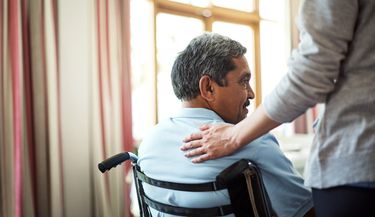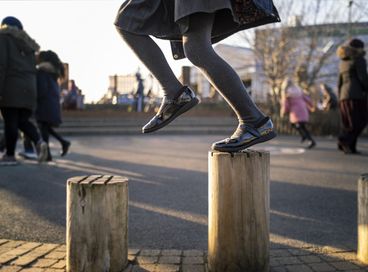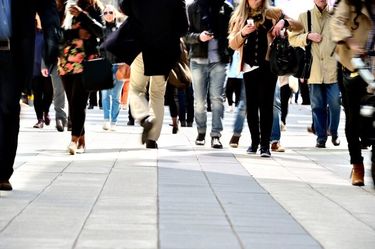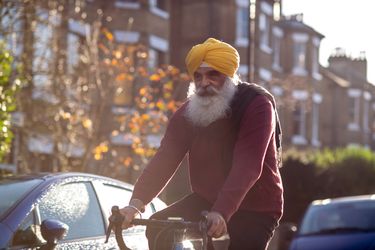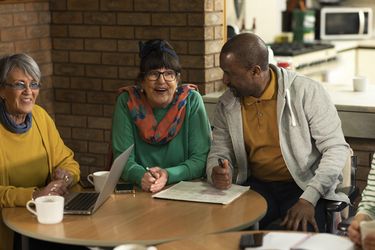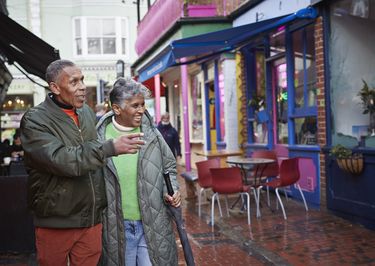Advocating for change through first class research
The health landscape in the UK is facing unprecedented challenges. Through our publications, we explore the ideas that could make a difference to the lives of communities in the UK and globally – whether through our in-house reports or through our academic journals surfacing research at the forefront of public health.
Policy Reports
Our policy and influencing team regularly produces reports addressing the issues affecting the lives of people across the UK and advocates for improving the lives and health of the public, whether it's mental health, vaccinations, the workforce or ensuring health in all places.
Featured reports
For historical reports not shown below, please contact [email protected] to request a copy. All RSPH reports reflect the views and priorities of RSPH at the time of publication.
Journals
Alongside our internally produced reports, RSPH publishes three academic journals covering the breath of public health research, discussion and practice, with global contributions from esteemed experts.



